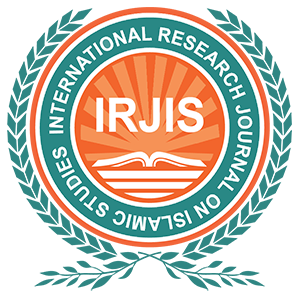Abstract:
Among different methods of narrating hadith, there is a method which is called Riwayat bil-ma’na (sense-reporting). It means that a narrator narrates a hadith in his own words without uttering the actual words he listened originally from the Prophet (PBUH). The actual rule of narrating hadith was that it was narrated uttering the original wording of the Holy Prophet (PBUH). Whereas it was allowed in utmost circumstances. If some narrator had to make sense-reporting of a Hadith, he needed to use such words which clearly explain that the words being used are not the words of the Holy Prophet (PBUH) but those of the narrator. Sense-reporting was allowed only in specific circumstances. Moreover, only those narrators were allowed to make sense-reporting who had the real sense of the words and their reasoning and were aware of language skills and Sharia, and the sense-reporting of whom would not add or subtract something in hadith and its exact order. In this research article, various kinds of sense-reporting are being analyzed which exist in hadith text. And it is proved here in this article that no kind of amendment occurred due to sense-reporting.
Keywords: Riwayat bil-ma’na, Sense-Reporting, Sharia, Narrator, Hadith

